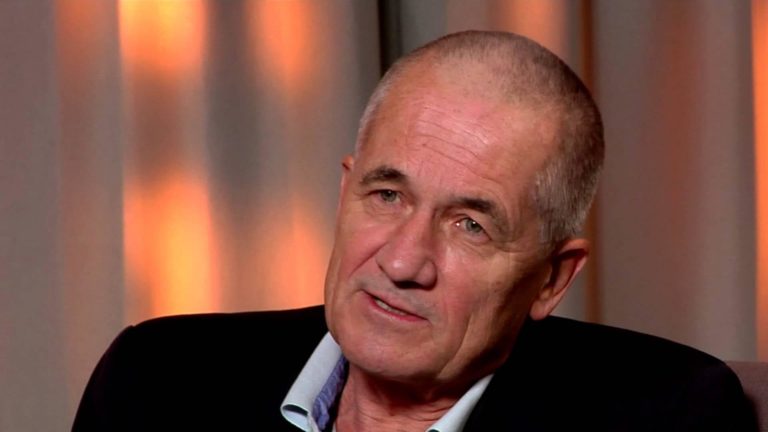Peter C. Gøtzscheis a professor in clinical research design & analysis, and a specialist in internal medicine. Hegraduated as a master of science in biology and chemistry in 1974 and as a physician 1984. He worked with clinical trials and regulatory affairs in the drug industry 1975-1983, and at hospitals in Copenhagen 1984-95. He co-founded The Cochrane Collaboration in 1993 and established the Nordic Cochrane Centre the same year. Peter has published more than 70 papers in “the big five” (BMJ, Lancet, JAMA, Ann Intern Med and N Engl J Med) and his scientific works have been cited 30,000 times. He is the author of several books, most recentlyDeadly Psychiatry and Organised Denial, and Deadly Medicines and Organised Crime: How Big Pharma has Corrupted Health Care.
Q: What did you want to be when you grew up?
A: I didn’t know, which is why I became both a biologist and a doctor
Q: Who is/was your role model?
A: My grandfather
Q: Tell us about a meaningful moment in your career
A: I have them most days! But most important was when we in 2010 got access to clinical study reports at the European Medicines Agency after a three-year process involving a complaint to the European Ombudsman. Because of our persistence, the EMA needed to changes its policies completely.
Q: If someone asked you to suggest a book to read, what would you recommend?
A: None in particular; there are so many good books. I can recommend my own!
Q: What do you like to do in your down time?
A: Sports and write books
Q: What is your favourite cuisine?
A: Like books, it is impossible to say. Easier to say what I do not like: sushi!
Q:What is your favourite place in the world?
A: Where I live; our house is bordering on a field and forest, north of Copenhagen
Q: Who would you most like to thank, and why?
A: My wife. It took me many years to find her.
Q: What are three things you would change in medicine?
A: 1. Getting psychiatric drugs taken off the market so that patients can no longer be harmed by them.
2. Making drug research and development a public entreprise for the public good, and abolishing patents.
3. Make people understand why our prescription drugs are the third leading cause of death and behave accordingly, i.e. use drugs very sparingly.
Q: How do you want people to remember you?
A: My wife already defined that for me: He did not waste his time.
Selected recent (representative) publications
- Maund E, Guski LS, Gøtzsche PC. Considering benefits and harms of duloxetine for treatment of stress urinary incontinence: a meta-analysis of clinical study reports. CMAJ 2017;189:E194-E203.
- Jørgensen KJ, Gøtzsche PC, Kalager M, Zahl PH. Breast cancer screening in denmark: a cohort study of tumor size and overdiagnosis. Ann Intern Med 2017;166:313-23.
- Sharma T, Guski LS, Freund N, Gøtzsche PC. Suicidality and aggression during antidepressant treatment: systematic review and meta-analyses based on clinical study reports. BMJ 2016;352:i65.
- Schroll JB, Penninga EI, Gøtzsche PC. Assessment of adverse events in protocols, clinical study reports, and published papers of trials of orlistat: a document analysis. PLoS Med 2016;13:e1002101.
- Davis C, Lexchin J, Jefferson T, Gøtzsche P, McKee M. “Adaptive pathways” to drug authorisation: adapting to industry? BMJ 2016;354:i4437.

